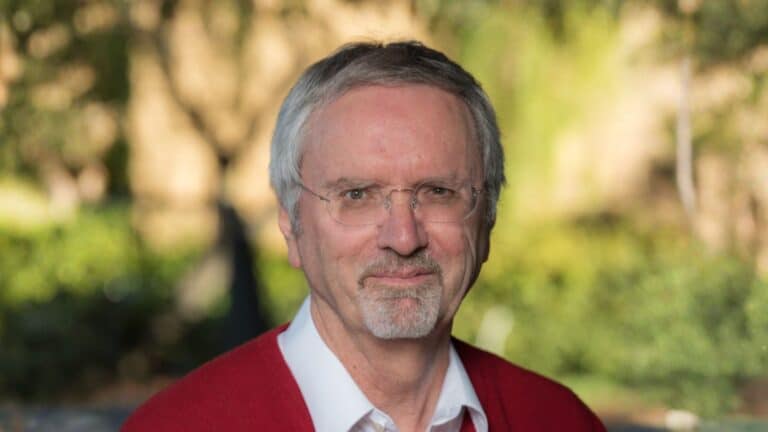On with Kara Swisher: Venezuela After Maduro, Can Trump Control Caracas From Afar?
The arrest of Venezuelan President Nicolas Maduro, on Saturday, sent shockwaves across the globe. And although the targeted military operation was a success, th
Current Access Level “I” – ID Only: CUID holders, alumni, and approved guests only
Exelon CEO
Electric power companies across the U.S. are going through a period of unprecedented change. Low-cost natural gas, new technology, rapid expansion of renewables, and initiatives to reduce carbon emissions are some of the major factors shaking up the electricity sector. Moreover, for some power companies, keeping their nuclear power plants alive is another big challenge.
On this episode of Columbia Energy Exchange, we welcome Chris Crane, the president and CEO of Exelon Corp., a Fortune 100 energy company with the most utility customers in the U.S., and the nation’s leading operator of nuclear reactors.
Crane talks with host Bill Loveless about the ways in which he is piloting his company through this transformation. And on a timely note, they discuss a new clean energy standard in New York that would keep Exelon’s nuclear plants in the Empire State running, and perhaps set a standard for other states to follow. Other topics include:
Early on January 3, 2026, the United States apprehended Venezuelan President Nicolás Maduro and his wife and removed Maduro from power. Maduro was transported to New York, where he now faces federal charges of narco-terrorism and drug trafficking.

This has been a crucial year for US energy policy. The passage of the One Big Beautiful Bill Act eliminated many of the clean energy incentives that were...

Over the past week, President Trump has intensified pressure on Venezuelan president Nicolás Maduro by targeting the regime’s economic lifeline—oil. The United States has seized two oil tankers...

If it seems like you're hearing a lot more about geothermal energy lately, that's because this clean, firm energy source is at a technological turning point. With roots...

The US intervention in Venezuela may jeopardize both the flow of discounted Venezuelan oil to China's teapot refineries and the role of Chinese oil companies in Venezuela’s upstream business.

In discussing the dramatic seizure of Venezuelan President Nicolás Maduro and his wife, Cilia Flores, over the weekend, President Donald Trump declared that the United States would now “take back” the country’s oil. Yet he has offered little clarity on what exactly this means.

The country could see a relatively rapid recovery of some oil production, depending on the leadership that emerges.

Early on 3 January 2026, the United States launched a military operation to arrest President Nicolás Maduro and remove him from Venezuela.
